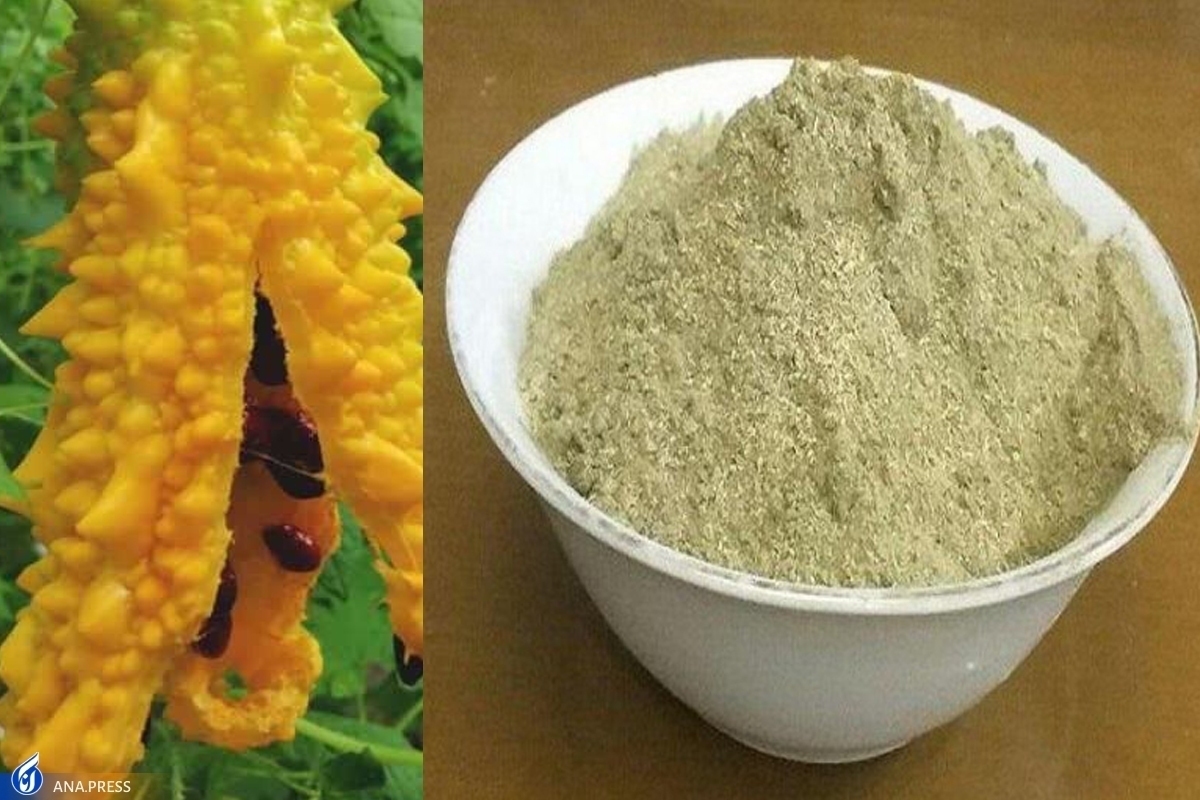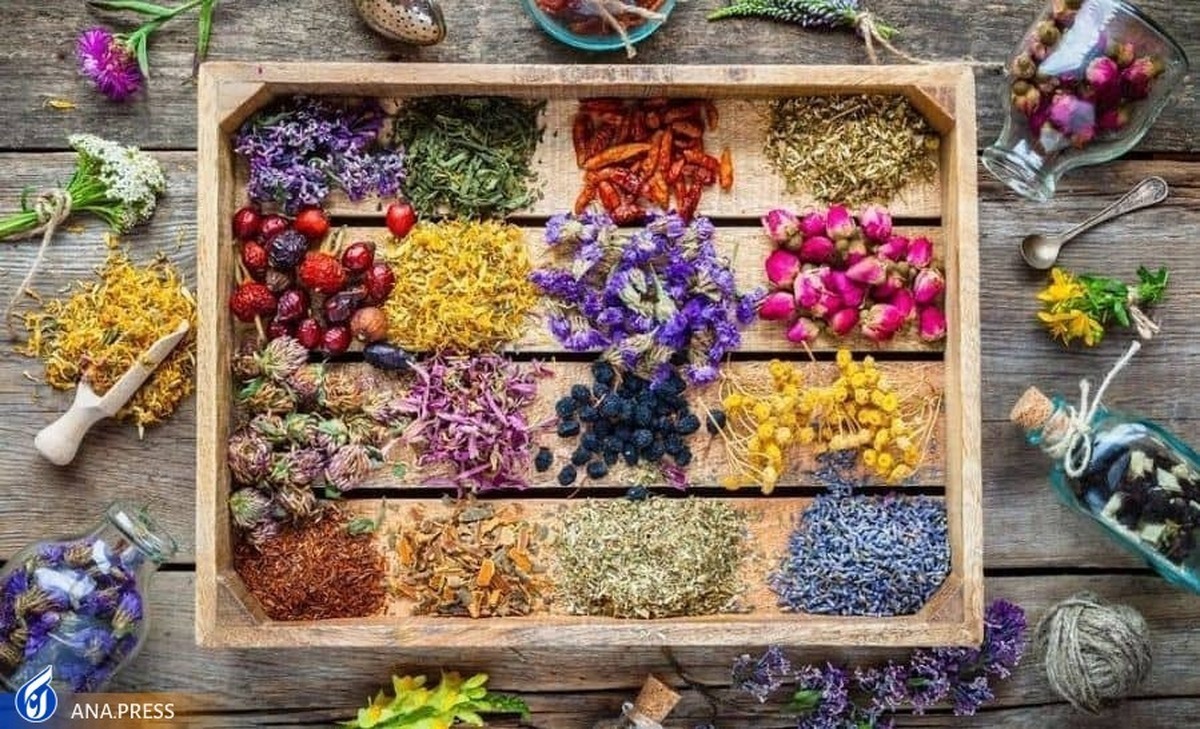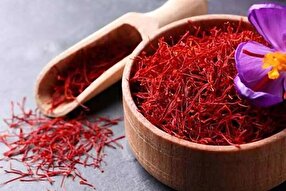Iranian Knowledge-Based Firm Produces Karla Plant Organically to Treat Diabetes, Cancer

The knowledge-based ‘Tose’ey-e Ista Qand Medicinal Plants’ company active in Isfahan Scientific Research Town produced Karla plant organically which is effective in treating diabetes and fighting cancer cells.
“Karla plant helps fighting cancer by strengthening the body's immune system. The plant, which is one of the most bitter fruits in the world and has been used in traditional medicine for centuries, resembles an unripe melon or pumpkin and is one of the famous vegetables in South Asia, the Amazon, East Africa and the islands located in the Caribbean Sea and South America to provide food and herbal medicine by using the plant’s roots, stem, leaf, fruit and seeds,” Gholam Hossein Nasouhi, the managing-director of the knowledge-based company, told ANA.
He added that Karla prevents the absorption of heavy metals in the body which leads to prevention of cancer, noting that Karla can also protect a cancerous patient from side effects of chemotherapy to treat cancer.
“After three years of research on Karla plant and receiving the necessary licenses, we set up a workshop for processing the Karla powder without using pesticides and by using biological fertilizers,” Nasouhi said.
Bitter Gourd (Karela or Karla) is a tropical and subtropical vine of the family Cucurbitaceae, widely grown in Asia, Africa, and the Caribbean for its edible fruit. The fruit has a distinct warty exterior and an oblong shape. It is hollow in cross-section, with a relatively thin layer of flesh surrounding a central seed cavity filled with large, flat seeds and pith.
The fruit is most often eaten green, or as it is beginning to turn yellow. At this stage, the fruit's flesh is crunchy and watery in texture, similar to cucumber, chayote or green bell pepper, but bitter. The skin is tender and edible. Seeds and pith appear white in unripe fruits; they are not intensely bitter and can be removed before cooking.
4155/v
























